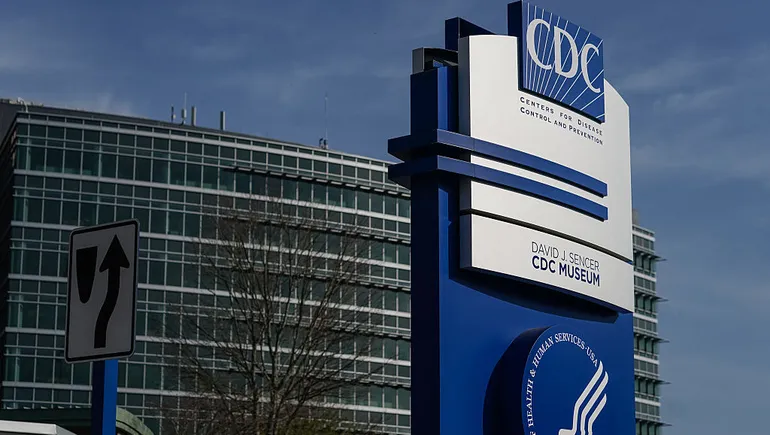Asceneuron raises another $100M for Alzheimer’s drug development


Asceneuron, a Switzerland-based biotechnology company, has raised another $100 million to support its work developing drugs that target a protein linked to Alzheimer’s disease and other nerve-destroying disorders.
Disclosed Tuesday, the Series C fundraising round received more interest than Asceneuron initially expected. The holding company behind Novo Nordisk led the round. Healthcare investors EQT Life Sciences, OrbiMed, SR One, Sofinnova Partners and GSK Equity Investments also participated, as did the venture arms of Johnson & Johnson and Merck KGaA.
Asceneuron plans to use the money to push its most advanced experimental drug into mid-stage testing as a possible treatment for Alzheimer’s. Taken as a capsule, the drug is designed to block “OGA,” an enzyme that removes a specific chemical from proteins. Research indicates this chemical helps prevent toxic proteins from bunching together, which is a key characteristic of diseases like Alzheimer’s and Parkinson’s.
Specifically, Asceneuron’s drug is meant to keep “tau” proteins from aggregating. Aside from another protein called amyloid beta, tau has received the most attention from drugmakers as a target for Alzheimer’s therapies.
The few Alzheimer’s medicines approved by the Food and Drug Administration, including Eli Lilly’s just-cleared Kisunla, act on amyloid beta and are delivered as intravenous infusions. Yet, Asceneuron contends that the way its drug works and the way it’s taken make it an “ideal therapy” for patients with the memory-robbing disease.
The company’s CEO, Barbara Angehrn Pavik, said in a statement that the latest funding round “further validates the potential” of Asceneuron’s research.
“Alzheimer’s disease is undergoing a transformational moment. Millions are afflicted by this devastating disease and there are very few therapeutic options,” said Naveed Siddiqi, a senior partner in the venture investments division of Novo Holdings. “Validated biomarkers are allowing for more focused and rapid development.”
Asceneuron was founded in 2012 as a spinout from Merck KGaA. The biotech started with just 6 million Swiss francs, or about $6.4 million, in seed funding. By 2015, it had raised another 30 million Swiss francs through a Series A round in which Sofinnova Partners, SR One, Kurma Partners and Johnson & Johnson Innovation contributed.
In the years since, startups taking aim at neurodegeneration have continued to attract investments. Cerevance, a biotech focused on neurological and psychiatric disorders, launched in 2016 with $36 million and backing from Takeda Pharmaceutical. In the spring of 2022, Merck & Co. spent $25 million — and offered up to $1.1 billion on the back end — to take over a Cerevance program targeting Alzheimer’s.
More recently, Therini Bio raked in $36 million to support the development of an Alzheimer’s drug intended to stop the inflammation and neuronal damage caused by a protein known as fibrin. The money came from an investor group that included Eli Lilly and the venture arms of Merck and Sanofi.
MapLight Therapeutics, meanwhile, in October completed a $225 million Series C round. Novo Holdings led the round, and was joined by MapLight’s existing investors as well as new ones like 5AM Ventures and Cowen Healthcare Investments. The biotech said it will use the money to advance an experimental medicine for schizophrenia and Alzheimer’s disease psychosis into mid-stage testing.
This post has been syndicated from a third-party source. View the original article here.




